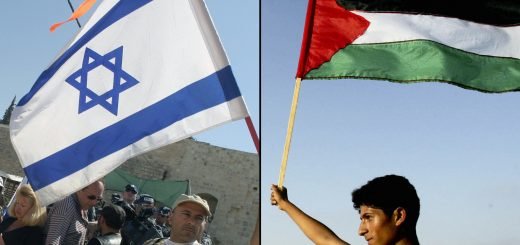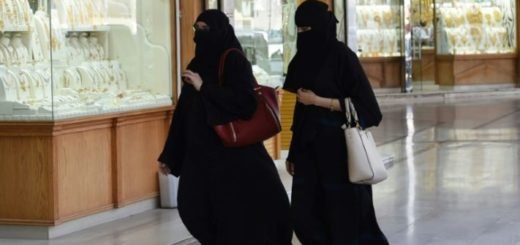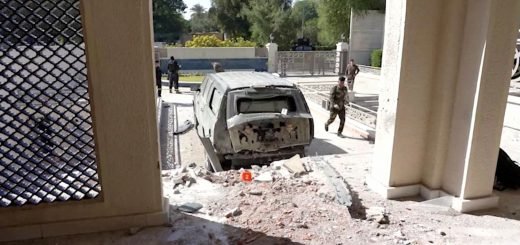Disasters Expose Erdoğan’s Paper Tiger Sultanate
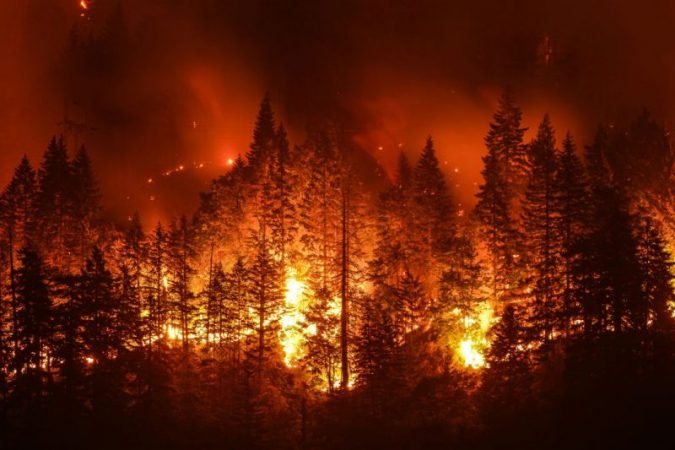
EXECUTIVE SUMMARY: Wildfires and floods in August revealed how weak Turkey is in the face of natural disasters, and how skewed are the priorities of President Recep Tayyip Erdoğan. Once again, Turks failed to unite in a time of national sorrow.
August was an unfortunate month for Turkey. Firefighters and locals had to battle the nation’s most intense blazes on record across the Mediterranean coastline. At least eight people died, with hundreds of tourists evacuated as 300 fires spread across 40 provinces. The absence of a functioning national fleet of firefighting aircraft forced Turkey to wait for specialized planes to arrive from other countries.
Turks found themselves asking their president, Recep Tayyip Erdoğan, tough and legitimate questions. How is it that one of the world’s 20 biggest economies was unable to afford a single functioning firefighting aircraft while the president’s own fleet of 13 jets is worth $2 billion? How did a state-controlled aviation institute fail to spend $4 million to repair and maintain its three nonfunctional firefighting aircraft despite meteorological warnings of soaring temperatures, low humidity, and winds gusting at 50km/h?
Irony was not absent from the tragic scenes. Turkish imams organized devout masses to pray for rain. And the rain poured down, though not quite as desired. While the country’s southern coast was ablaze, flash floods along the Black Sea coast killed at least 70 people. The floods, triggered by the torrential rain, caused buildings to collapse, smashed bridges, clogged streets with wrecked cars, and cut power supplies.
As Turkey lacked even one functioning firefighting aircraft, planes from Spain and Croatia arrived to join aircraft from Russia, Iran, Ukraine, and Azerbaijan. In all, 16 planes, 51 helicopters, and more than 5,000 personnel tackled the fires. That fleet from abroad, though helpful, was not strong enough. The fires lasted more than a week.
As the coastline continued to burn, Erdoğan’s administration rejected planes offered by Greece and Israel to assist in the firefighting effort. The Israeli embassy in Ankara said Turkish officials had refused Jerusalem’s offer, calling the situation “under control.” Similarly, the Erdoğan government was heavily criticized on social media for not accepting Greece’s offer of help. Erdoğan thought his government would look weak if it accepted help from Turkey’s Aegean rival and the Zionist state.
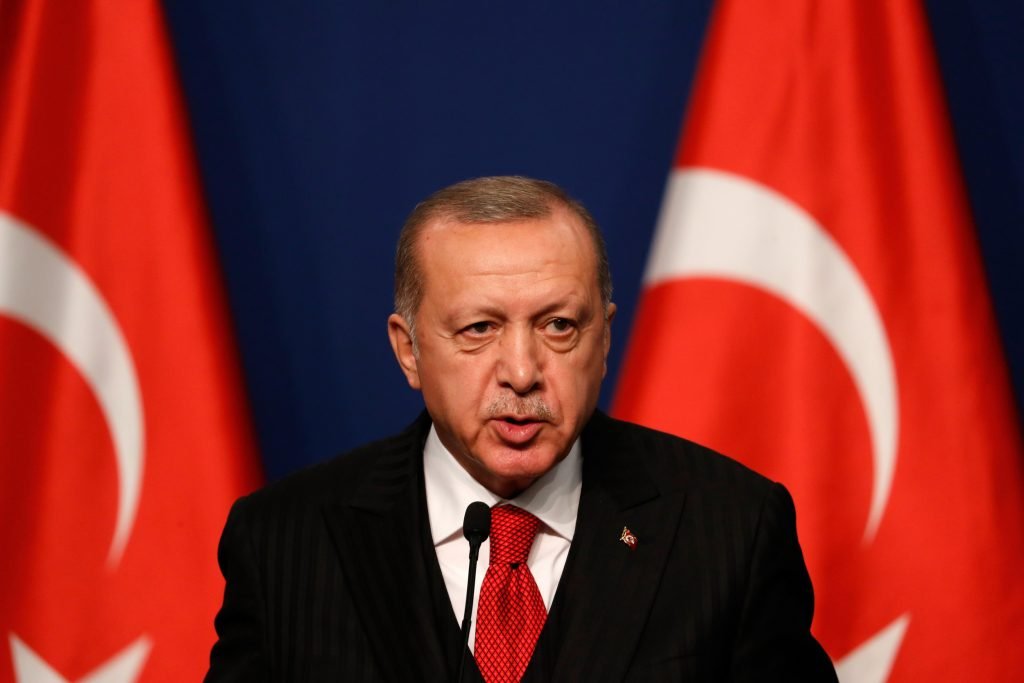
As in every “bad” happening in Turkey, antisemitism showed its face. “[Some] important intelligence,” someone tweeted. “A rabbi who is touring Turkey under the auspices of a Jewish heritage project had passed by areas now ablaze … Rabbis know well kabbalah and black magic.”
Another user tweeted, “We stand with the Jewish community of #Turkey as it confronts outrageous slanders, such as a commentator implying that wildfires across Turkey were linked to a rabbi visiting Jewish heritage sites because ‘the rabbis know Kabbala [sic] black magic well.’” The Turkish Jewish Community tweeted that the antisemitic tweet was “a reflection of hatred in this country.”
While the Turks were busy rooting out the purported Jewish plot behind the wildfires, Rabbi Mendy Chitrik in Ankara (where there are only 30-40 Jews, including diplomats) tweeted from a synagogue, “I took the opportunity to make a prayer for the health and strength of the firefighters and citizens who are battling the terrible fires all around this beautiful country.”
The PR side of Erdoğan’s crisis management was also deeply problematic. Turkey is the only G20 nation to have refused to ratify the Paris Agreement on climate change. A social media campaign, #HelpTurkey, took off shortly after the wildfires and in a matter of hours reached 2.5 million tweets. Well-known celebrities joined the appeal, calling for international assistance in combating the fires.
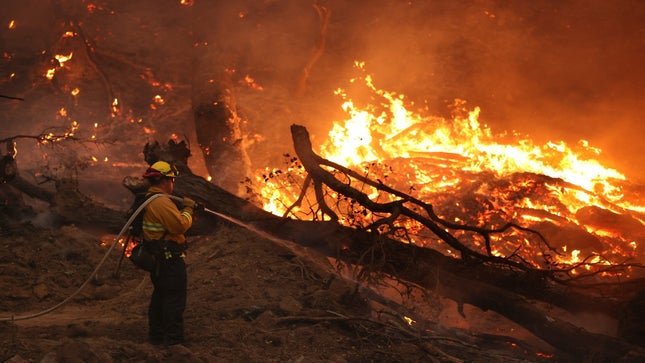
But Erdoğan’s director of communications, Fahrettin Altun, accused the opposition of using a social media campaign orchestrated from abroad to undermine the state. The government—which has been accused of running its own influence campaigns in the past—and its supporters responded with hashtags like #StrongTurkey and #WeDon’tNeedHelp. Altun noted on Twitter, “Every good-intentioned aid and contribution is required by our national unison. However, this so-called aid campaign that was organized from abroad and from a single center as of this evening has been launched with ideological motives and aimed at making our state look incapable and undermining our state-nation unison [sic].”
Turks once again failed to unite in a time of national sorrow. Erdoğan, who is facing a reelection campaign in two years’ time, failed yet another test on the national disaster level. “Trust in the government is declining as people see problems cannot be managed,” said Bekir Ağırdır, who runs the polling agency KONDA Research. “Turkey remains polarized over culture and identity but the problems of everyday life are so burdensome—the pandemic, unemployment, inflation, floods, fires—the feeling this government cannot solve these issues is strengthening.”
This Article was originally published by BESA Center



